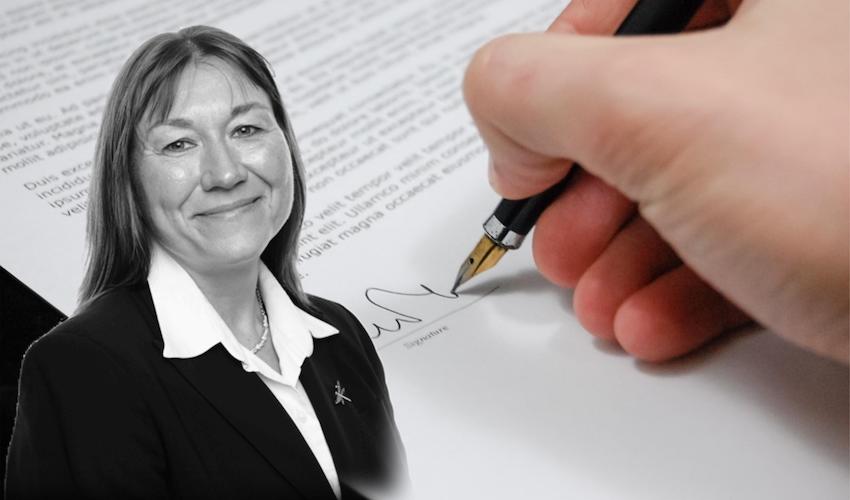

A local restaurant has been denied the chance to "clear its name" by challenging an order to hand £30 to an unsuccessful job candidate for a trial shift.
The payment order was made by the Employment Tribunal, after hearing the case of Maria Piedade De Sousa, who completed 180-minute shift at Ruby’s Lounge and Bistro in hope of securing the role of kitchen porter.
Having failed to get the role – despite allegedly working so hard on scrubbing "greasy" dishes it apparently made her arm “sore” – she asked to be paid for her trial period. When this didn’t happen, she took the case to the Employment Tribunal whose Deputy Chairman this month ruled in her favour during a hearing Ruby’s staff did not attend.

Pictured: The unsuccessful applicant for a role in Ruby's kitchen went to the Employment Tribunal when she wasn't paid for her three-hour trial shift.
But since that judgment was published, Ruby’s have appealed, arguing that they didn’t know the hearing was taking place and that dealing with the tribunal case had been the responsibility of a different staff member, who had failed to keep them informed and left all related correspondence in their desk drawers.
In any case, they said that Ms De Sousa’s evidence was “incorrect” and pushed for another hearing to “clear their name”.
“It would only be fair for us to have another chance to defend ourselves in this case,” Ruby’s management told the Employment Tribunal.
While Mrs Hilary Griffin, the tribunal's Chairman, said she was “mindful” that the restaurant had been “unrepresented” during the case, she said that they would only be able to reconsider the matter if the Deputy Chairman had “made an error of law”.

Pictured: The original decision was made by Deputy Chairman of the Employment Tribunal, Advocate Claire Davies.
Such an error, she said, could include there being “no evidence to support a particular conclusion or finding of fact” or the Deputy Chairman coming to a conclusion that “no reasonable tribunal… could have reached” or one that was “obviously wrong”.
But she concluded that the Deputy Chairman had not erred in his judgment.
Addressing each of the possible pitfalls in turn, Mrs Griffin explained in her written ruling: “The Application contained no submission which might suggest that the Deputy Chairman misdirected herself or misunderstand the law;
“There was sufficient evidence (provided by the Claimant at the Hearing and contained in the response form) for the Deputy Chairman to make findings of fact at the Hearing;
“And in these circumstances (particularly in view of the small sums involved), the Deputy Chairman’s decision to proceed with the Hearing in the Respondent’s absence could not be considered to be a decision which no reasonable tribunal could have reached.”
She therefore decided that the restaurant did not have permission to appeal the £30 judgment, and will still have to pay the unsuccessful job applicant.
Comments
Comments on this story express the views of the commentator only, not Bailiwick Publishing. We are unable to guarantee the accuracy of any of those comments.